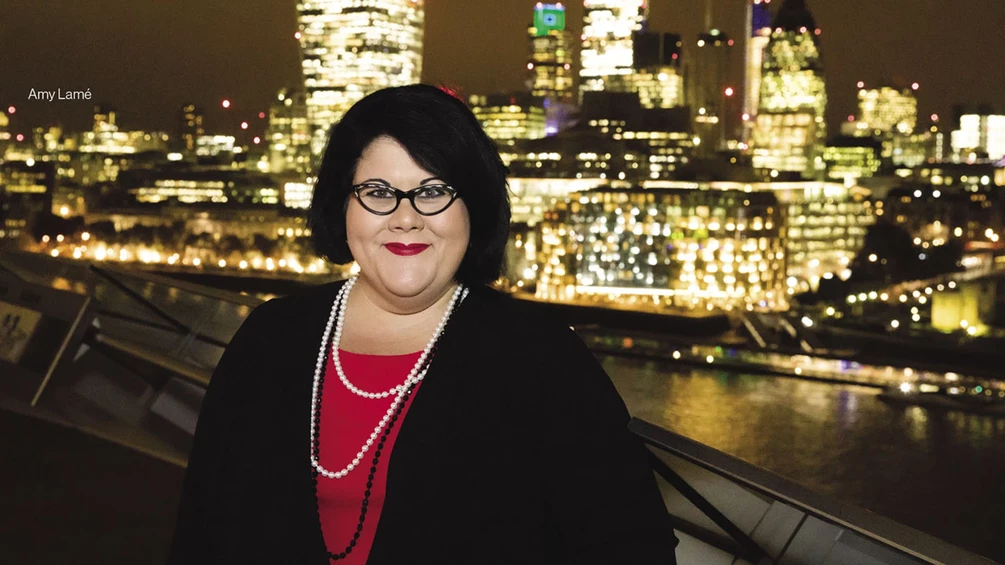
London Night Czar Amy Lamé is stepping down
Amy Lamé, London’s Night Czar since 2016, is stepping down from her role at the end of this month.
The news was first reported by The Evening Standard with Lamé stating that it had been “a real privilege to serve Londoners” and be appointed to the first role of its kind in Britain.
At the time of writing, it is not clear if there will be a replacement for the position. A newly formed London Nightlife Taskforce is now responsible for examining and addressing issues facing the sector. A decision will be made on whether to introduce another Night Czar once the group’s work is complete.
“It has been a huge honour to be London’s – and the UK’s – first-ever Night Czar, but after eight years I believe that it is the right time for me to move on,” said Lamé. “I’m deeply proud of what has been achieved in the face of so many challenges.
“Boroughs are planning for life at night for the first time with dedicated night time strategies, the innovative Women’s Night Safety Charter has ensured thousands of organisations prioritise the safety of women, the Agent of Change is protecting venues from development, four-in-five of London’s night workers are receiving the London Living Wage,” she continued.
A spokesperson for the Mayor of London, Sadiq Khan, praised Lamé for helping venues navigate “huge challenges”, including Covid-19 and the cost-of-living crisis. City Hall said she had supported “hundreds of venues” and was “instrumental in reopening fabric, protecting the 100 Club, securing the future of Printworks, securing the reopening of the Black Cap after 10 years of closure, and enabling Drumsheds to open”. A £500,000 Night Time Enterprise Zones programme, boosting town centres in Greater London, was also cited as a victory.
“The role of Night Czar has always been crucial, but also an enormous challenge, especially during one of the toughest trading periods for the night-time economy,” said Michael Kill, CEO of the Night Time Industries Association (NTIA). “Representing such a vast market in a capital city like London is no easy task. I wish Amy well in her future endeavours.”
During her time in post, Lamé has been heavily criticised for not doing enough to stop the collapse of night time businesses and remove obstacles threatening their survival. London has lost almost 30% of its dancefloors since 2020, and between January and March last year 51 pubs closed per month in the city, rising to 77 per month between April and June.
The implementation of restrictive licensing laws in Hackney circa 2018 is also widely seen as a step backwards. Elsewhere, questions have been raised over her salary, which rose to £132,846 for 2024, and her recent claim London was “leading the world in its 24-hour policy” was met with widespread opposition. At the time, Kill responded by emphasising the “disparity with the narrative presented and the PR position … and the reality what is going on.”
You can revisit DJ Mag’s long read on the complicated structure of the Night-Time economy here.





